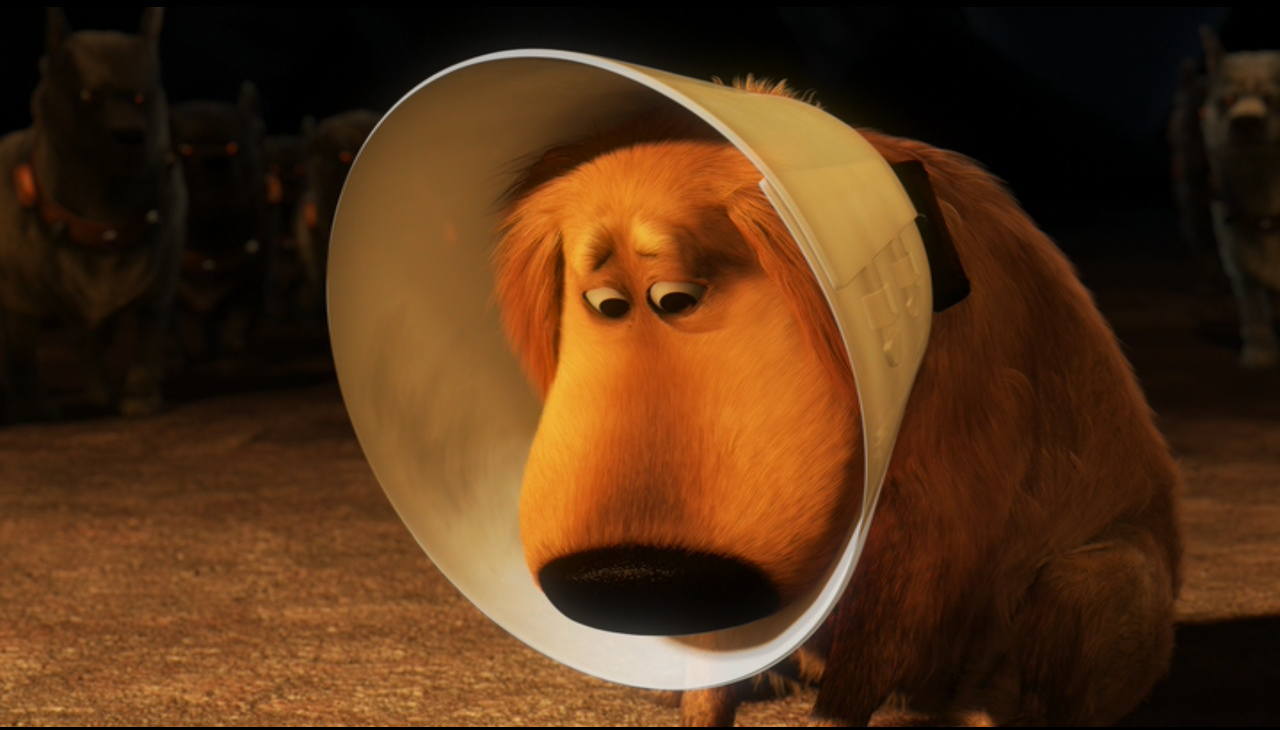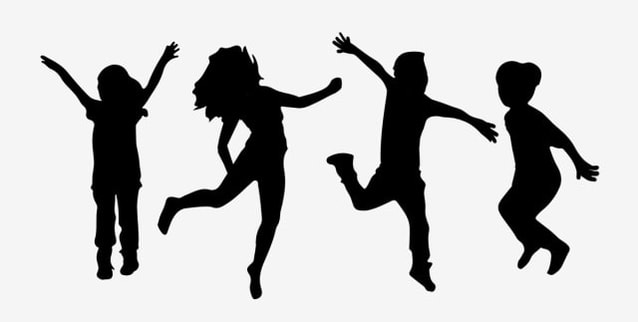AF Thoughts from May 5th 2019.
1) Shame
2) Guilt
3) The Brain(s)
First, the “reptile” brain. This part of the human brain deal with the basic functions: eating, sleeping, defacating, etc.
Next, we can observe the “mammal” brain. Via the mammal brain, babies learn to label their emotions. They learn how to express, and how to connect. Also, it is worth noting, shame lives here.
FInally, there is the “human” brain. The human brain begins to come into play at around 3 years of age, developing from 3 years until about 6 years old. The human brain, a marvel, can share information, thoughts, ideas, and opinions. It can read Aristotle and Shakespeare. It is worth noting that most herd animals will, at most, join three (3) herds, whereas humans will join hundreds of "herds" in one lifetime (i.e. social circles, professional circles, and so forth).
It is this—the human—part of the brain that learns to navigate all of these different rules. Often times, rules which apply in one place, do not apply in another. Humans can navigate this, humans can modify the rules at will. Rules, for humans, are what we create, and rules are negotiable.
It is easy to see in the world how children who are treated differently can become children who are wired differently. The question is asked: why do some children have such a large shame conscience? We ponder. Nature? Nurture? Excess punishment... child neglect... bad treatment? If a child is aggressively punished every time they are taught a "lesson," do they learn the underlying lesson, or is the lesson they learn that their parents will get mad and will yell at them?
To the group, it stands to reason that any and all of these factors would have an impact on the developing mind, teaching it how to move through the world.
The discussion segues briefly onto the subject of depression. Depression: it is different from sadness, it is a pane of glass between you and your life, that get thicker and darker as its power grows. You know they're out there (your supports, your *tribe*) but you just don't feel them.
After a few more minutes of discussion, Rich interjects, with some grist for the mill. A too-high shame-o-meter can, he proposed, can elicit the feeling of “I am pretending” in children: “I feel like I am pretending all the time.”
He goes on to say: We accept the love we think we deserve.
For those with too high shame-o-meter, the beliefs are often:
- If you like/love me, I’m fooling you
- If you tell me I did a good job, I’m obviously faking it
Closing Thoughts
There is a watchtower, he says, in the upper mind, whose purpose is to ask: “What do I think about my feelings?” Guilt lives up here. It's a rational place.
As for shame? Just because a feeling is real, he says, doesn't mean it is true.
He leaves us, as the minute-hand on the clock passes ten signifying the end of the period, with the following, on the off chance, he says, that it is useful. It is a set of questions that one might ask oneself during the guilt/shame response process, as follows:
- Did I break a rule?
- If so, what rule was it?
- And, furthermore, whose rule was it?
- And, finally, what do I think of that rule?
We all carry around guilt, as well as shame, he concludes. Hopefully this mode of inquiry during periods of distress might free us from some of the toxic effects of our unprocessed shame, and allow us a greater sense freedom, to know that we are writing our own rules, and charting our own course.
| Enjoy! -AF |







 RSS Feed
RSS Feed
